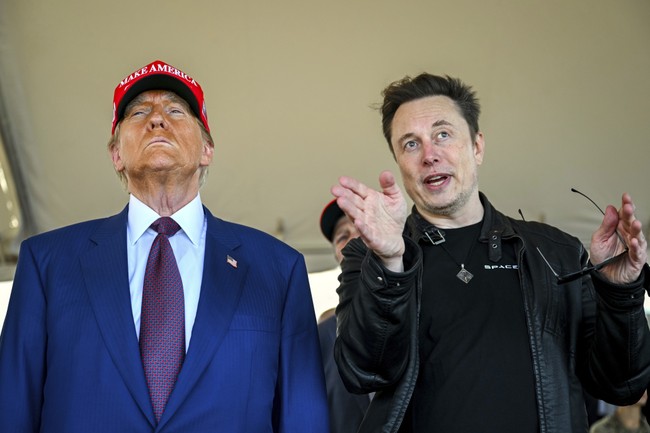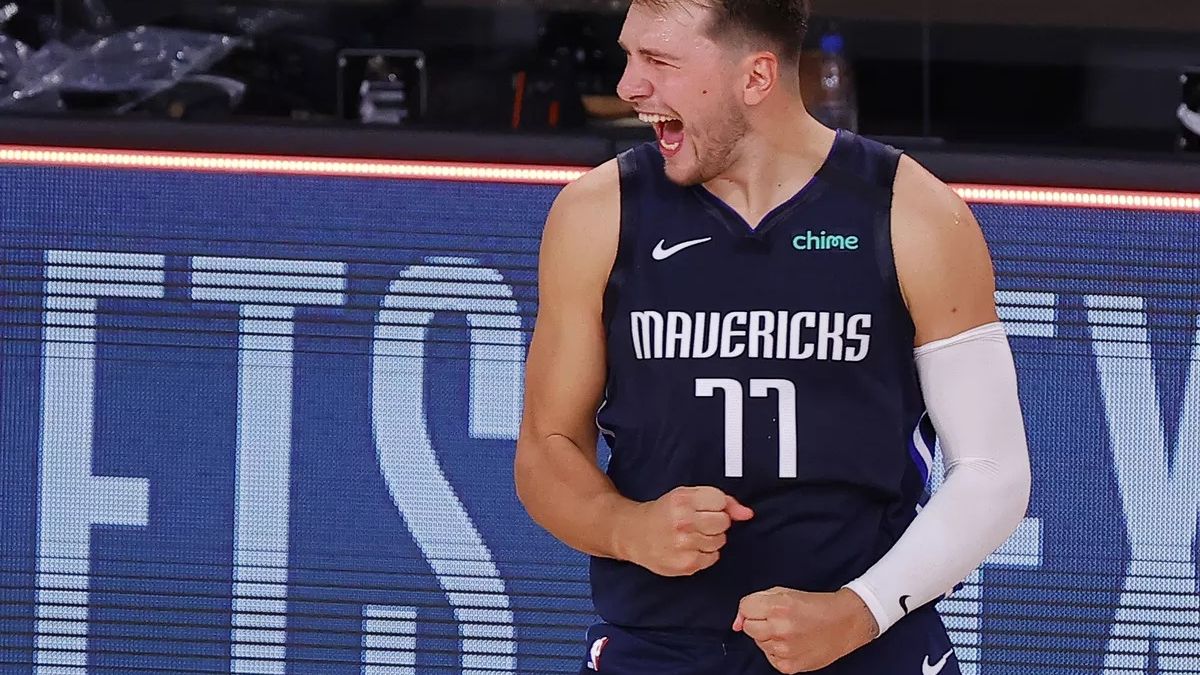Trump's Controversial Move on Fauci's Security
The removal of Anthony Fauci's federal security detail by Donald Trump has stirred political debates, highlighting divisions over post-government security privileges and COVID-19 controversies.
Published January 25, 2025 - 00:01am

Image recovered from washingtonexaminer.com
In a decisively polarizing move, former President Donald Trump withdrew federal security details for Dr. Anthony Fauci, the seasoned immunologist who was at the forefront of the United States' response to the COVID-19 pandemic. This development, confirmed by multiple news outlets, has reignited discussions around the protective measures extended to former government officials post-tenure, especially those associated with contentious public health policies during the pandemic.
Fauci, who served as the director of the National Institute of Allergy and Infectious Diseases (NIAID) for several decades, became a familiar face during the pandemic. His guidance during this critical period both as an advisor to Trump and later to the Biden administration, earned him both acclaim and sharp criticism. Nonetheless, the federal protection he received was primarily due to the threats that targeted him as a result of his high-profile role.
The decision to strip Fauci of his security follows Trump's executive order targeting other former officials, including Mike Pompeo and John Bolton, both of whom have similarly lost their federally funded security details. Trump justified the removal by arguing that long-term government-funded protection should not be assumed as a lifelong entitlement and suggested those affected could well afford private security services.
Trump's actions have sparked political turbulence, with critics accusing him of undermining those who have served the public interest, while supporters view it as a necessary step in reducing undue governmental expenditure on individuals who are no longer serving in official capacities.
The revocation has been perceived differently across the political spectrum. Some right-leaning commentators argue that Fauci's handling of the pandemic, particularly his support for vaccine mandates, necessitated a closer examination and justified Trump's decision. On the other hand, opponents see it as retributive, possibly endangering those who served in critical capacities but found themselves at odds with Trump.
Adding to this complexity is the preemptive pardon issued by President Joe Biden for Fauci and others, aiming to shield them from political vendettas. Rand Paul, a staunch critic of Fauci, has publicly criticized such measures, calling them acts of concealment by the current administration.
This unfolding saga reflects broader tensions over COVID-19 management and the political narratives built around it. With Fauci now hiring his own security, a new chapter begins, emphasizing the broader implications for public officials who could face risks arising from their service long after the end of their official duties.






